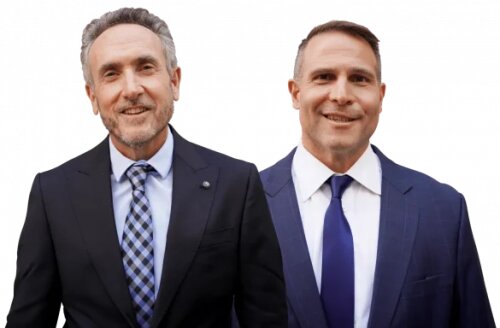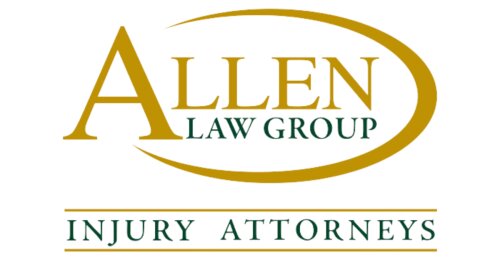Best Dangerous Product Lawyers in Chicago
Share your needs with us, get contacted by law firms.
Free. Takes 2 min.
List of the best lawyers in Chicago, United States
About Dangerous Product Law in Chicago, United States
The term 'dangerous product law,' often referred to as product liability law, encompasses legal rules concerning who is responsible for defective or dangerous products. These laws are a subset of personal injury law and came into existence in Chicago due to instances where injured consumers were unable to receive compensation since they were not the immediate purchaser of the product. Product liability laws make it easier for an injured party to recover damages by holding all parties in the product's distribution chain responsible.
Why You May Need a Lawyer
Individuals often need a dangerous products lawyer when they have suffered an injury or harm as a result of using a product that is defective or didn't provide adequate instructions or warnings about its proper use. Businesses may also require legal assistance to defend themselves in cases where they're accused of manufacturing or selling a dangerous product. A lawyer can guide you through the complex legal procedures, negotiate on your behalf, and represent you in court if necessary.
Local Laws Overview
In Chicago, like many other areas of the United States, liability for defective products falls under both the state's negligence law and strict liability rules. Under negligence law, the plaintiff must prove that the defendant failed in their duty of care to make and sell a safe product. Under strict liability, however, the plaintiff only needs to demonstrate that the product was defective, eliminating the need to prove negligence.
Frequently Asked Questions
What constitutes a defective product?
A product is considered defective if it has a manufacturing or design defect, or if it lacks appropriate instructions or warnings. The defective product must also cause some injury or damage to the consumer.
Who can be held liable for a defective product?
Any party in the product's distribution chain can potentially be held liable. This includes the product's manufacturer, the manufacturer of components of the product, the party that assembles or installs the product, the wholesaler, and the retail store that sold the product to the consumer.
Are there any limits on the damages I can recover?
In some cases, yes. Illinois law imposes some limits on punitive damages, but not on compensatory damages, which include medical expenses, lost wages, or property damage.
What do I need to prove in a product liability case?
Typically, you need to prove that the product was defective, that the defect caused your injury, and that you suffered damages as a result.
How long do I have to file a product liability claim in Chicago?
According to Illinois law, a product liability claim must be filed within two years from the date the injury was discovered, or reasonably should have been discovered.
Additional Resources
Additional resources include the Illinois Legal Aid Online and the Illinois Attorney General's office. These organizations can potentially provide useful information and assistance regarding dangerous product laws in Chicago.
Next Steps
If you need legal assistance, the first step is to consult with a lawyer specializing in product liability or personal injury law. Be prepared to provide them with as much information about the product and your injury as possible. This may include the product's purchasing information, any documentation you have relating to the product, and medical records of your injury. The more thorough the information you provide, the better they can assess your case and guide you through the legal process.
Lawzana helps you find the best lawyers and law firms in Chicago through a curated and pre-screened list of qualified legal professionals. Our platform offers rankings and detailed profiles of attorneys and law firms, allowing you to compare based on practice areas, including Dangerous Product, experience, and client feedback.
Each profile includes a description of the firm's areas of practice, client reviews, team members and partners, year of establishment, spoken languages, office locations, contact information, social media presence, and any published articles or resources. Most firms on our platform speak English and are experienced in both local and international legal matters.
Get a quote from top-rated law firms in Chicago, United States — quickly, securely, and without unnecessary hassle.
Disclaimer:
The information provided on this page is for general informational purposes only and does not constitute legal advice. While we strive to ensure the accuracy and relevance of the content, legal information may change over time, and interpretations of the law can vary. You should always consult with a qualified legal professional for advice specific to your situation.
We disclaim all liability for actions taken or not taken based on the content of this page. If you believe any information is incorrect or outdated, please contact us, and we will review and update it where appropriate.











